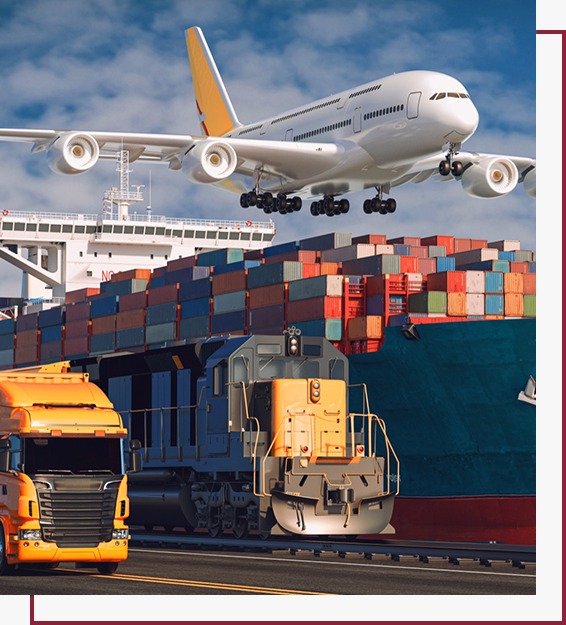

International ocean freight is a vital component of global trade, facilitating the transportation of goods across international borders via sea. With a vast network of shipping lines, ports, and terminals, ocean freight connects businesses to markets worldwide, enabling the exchange of goods and commodities.
From containers filled with electronics and apparel to bulk cargo such as grains and minerals, international ocean freight plays a critical role in meeting the demands of a rapidly growing global economy. With its cost-effective and environmentally friendly advantages, ocean freight remains a preferred mode of transportation for businesses seeking to expand their global reach. Whether you're importing raw materials or exporting finished products, international ocean freight offers a reliable and efficient solution for your logistics needs.
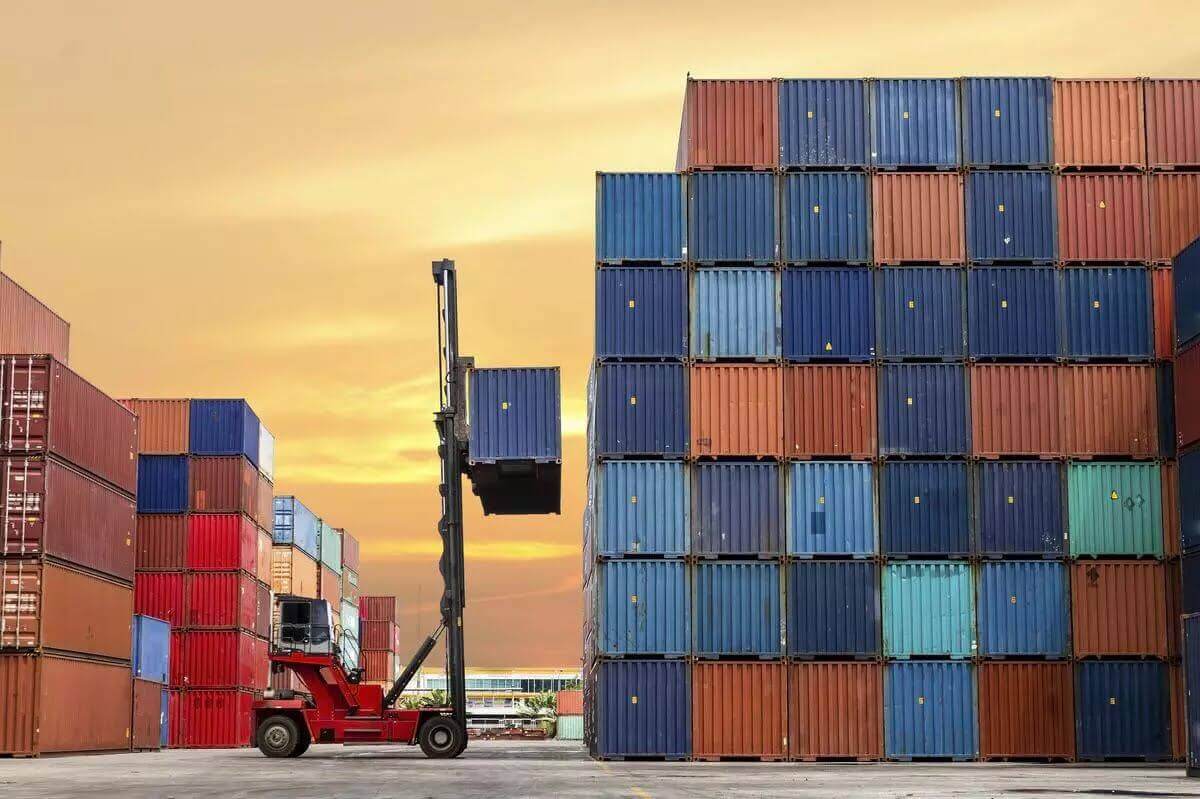
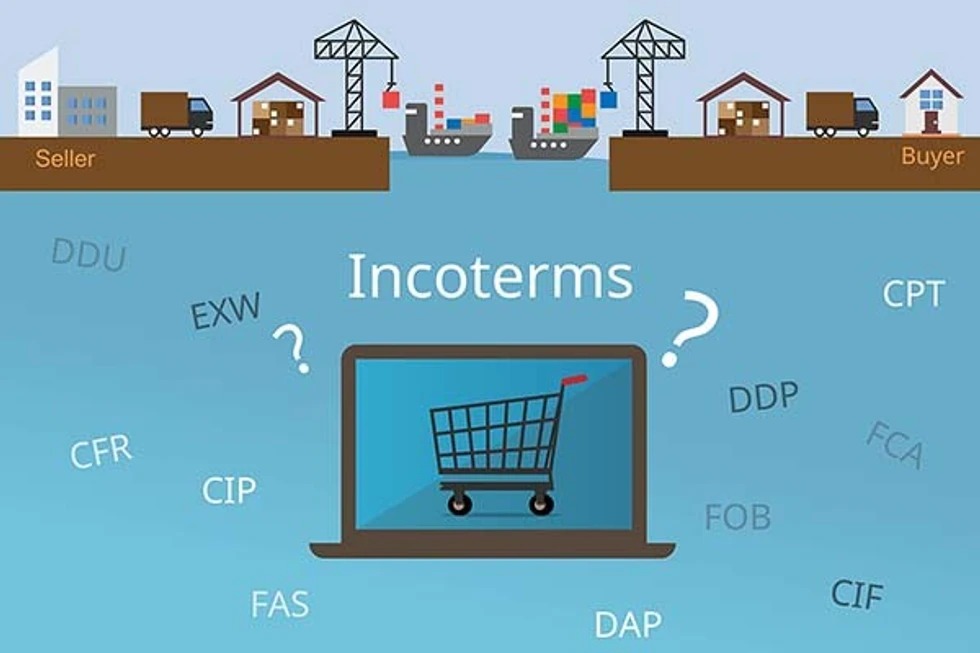
Ocean freight shipping, also known as sea freight or ocean cargo, refers to the transportation of goods by ship across the world's oceans. This method of shipping is ideal for large, heavy, or bulky cargo that requires efficient and cost-effective transportation over long distances. Ocean freight shipping involves the use of various types of vessels, including container ships, bulk carriers, tankers, and roll-on/roll-off ships, to transport goods from one port to another.
Ocean freight shipping is a critical component of international trade, enabling businesses to import and export goods globally. This shipping method offers numerous benefits, including:

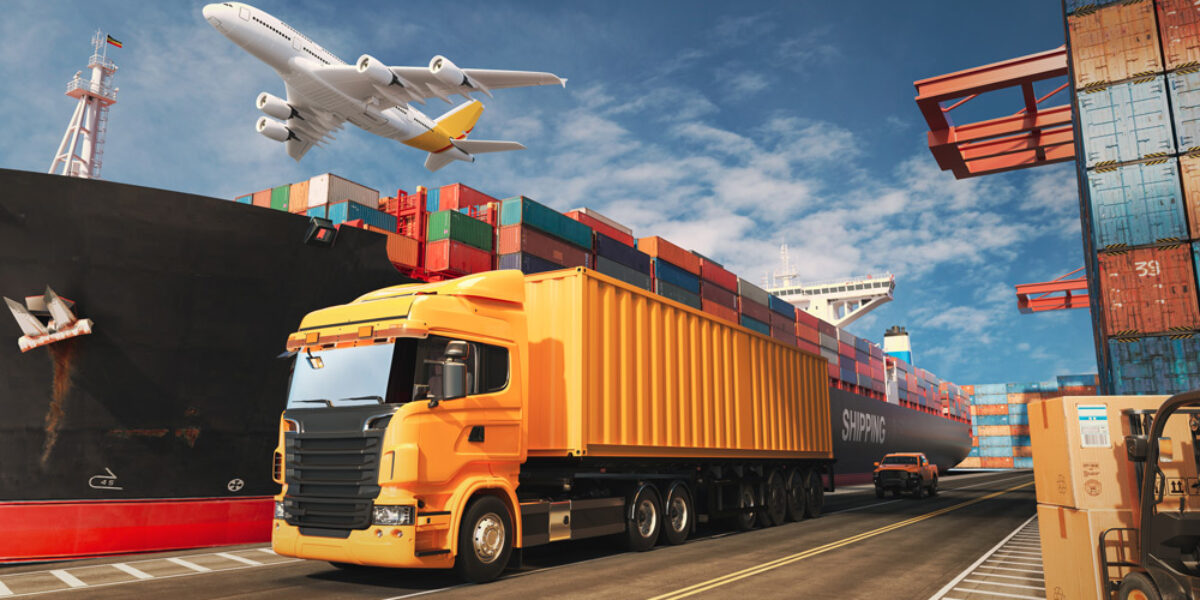
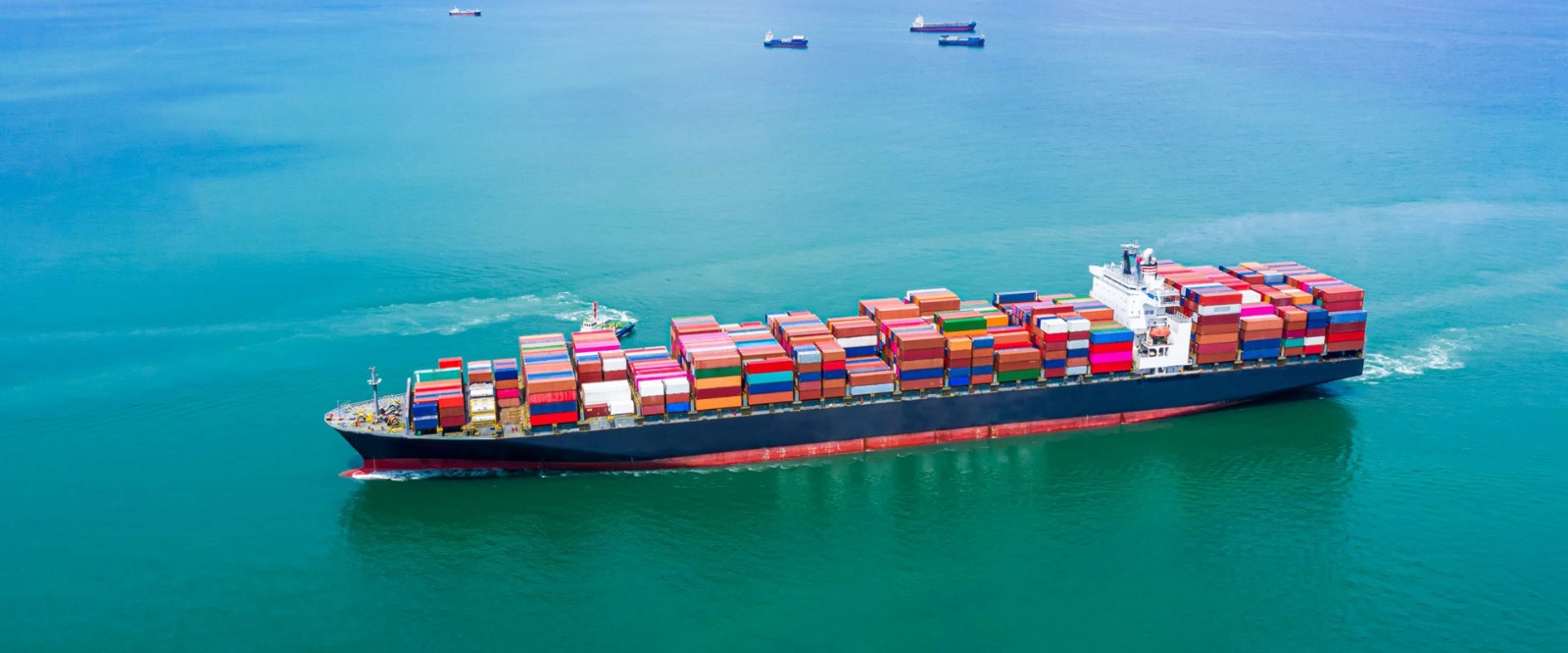
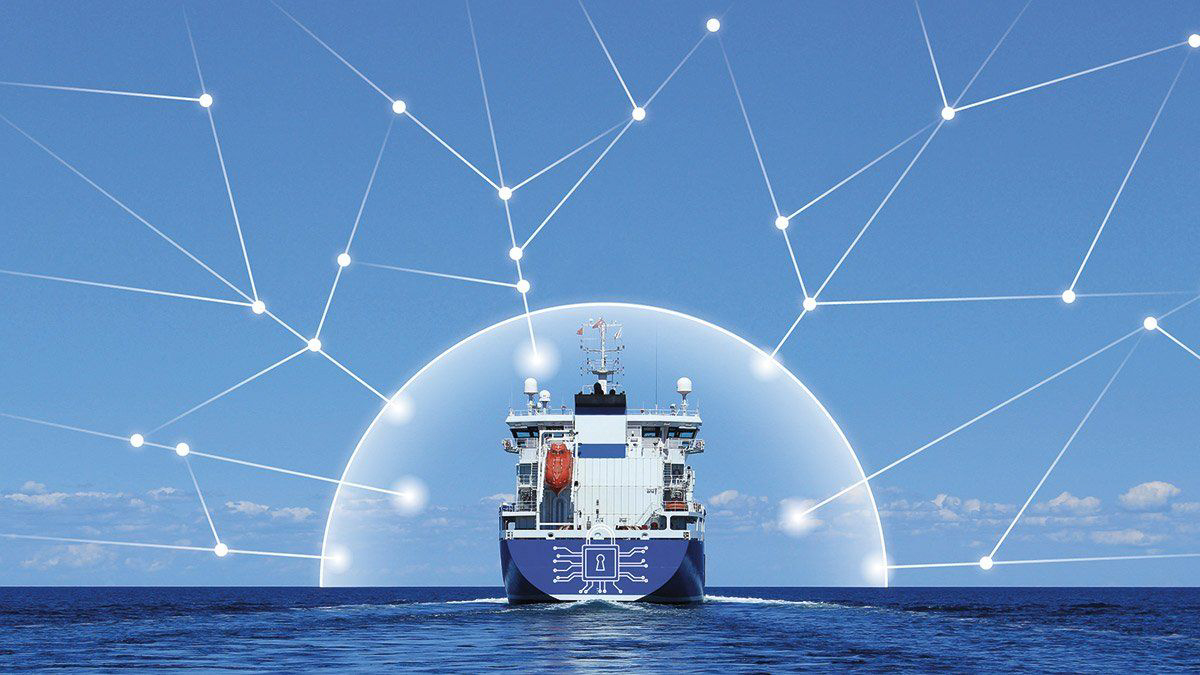
Incoterms (International Commercial Terms) are standardized trade terms used in international shipping agreements to clarify the responsibilities of buyers and sellers in the delivery of goods. Developed by the International Chamber of Commerce (ICC), Incoterms provide a common language and framework for parties to understand their obligations and limitations in the shipping process. Incoterms cover various aspects of shipping, including:
Incoterms play a vital role in international shipping agreements by providing a standardized framework for understanding responsibilities, risks, and costs. By using Incoterms, buyers and sellers can navigate complex shipping arrangements with confidence and clarity.
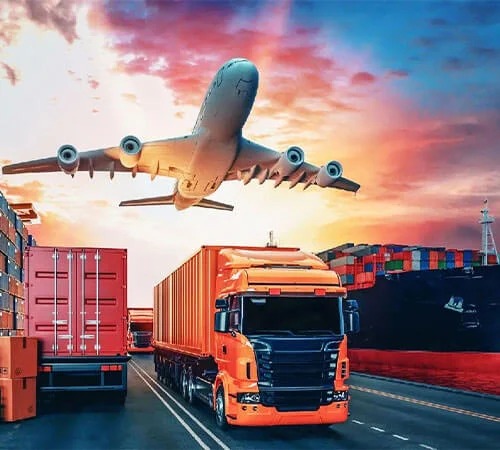

Freight forwarding simplifies logistics in so many ways! It's like having a personal assistant for your shipments. They take care of everything from negotiating freight charges to booking cargo space, preparing documentation, consolidating shipments, arranging insurance, and tracking shipments.
By leveraging their expertise, network, and technology, freight forwarders make logistics easier, faster, and more reliable. Whether you're a small business or a large corporation, freight forwarding can simplify your logistics operations and help you reach new markets.
